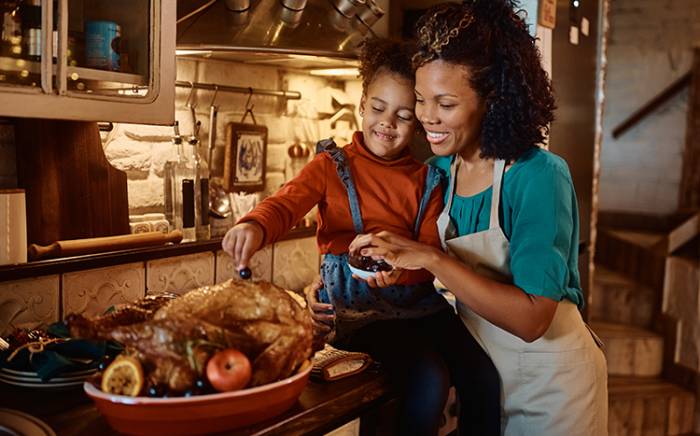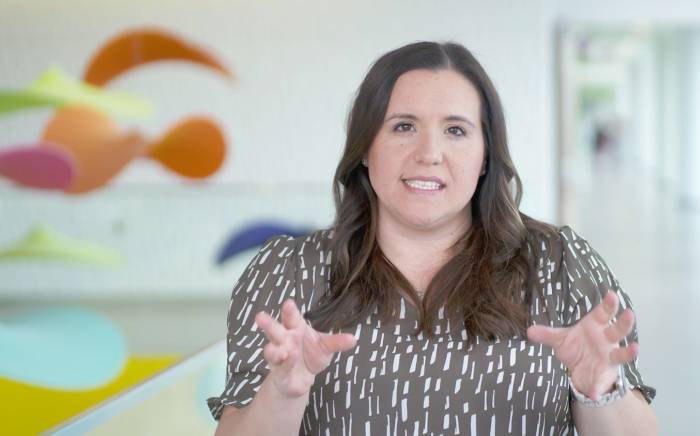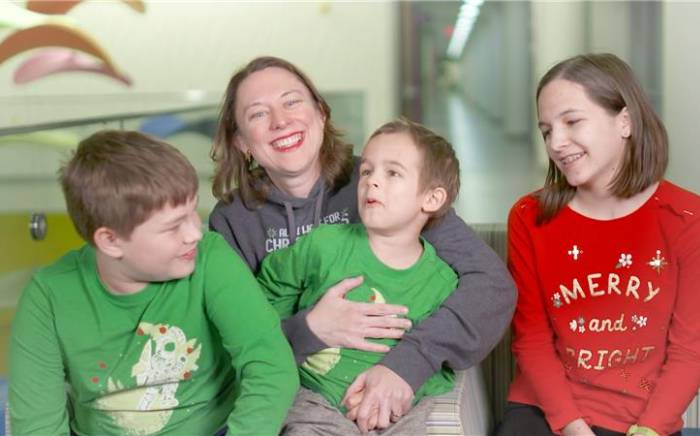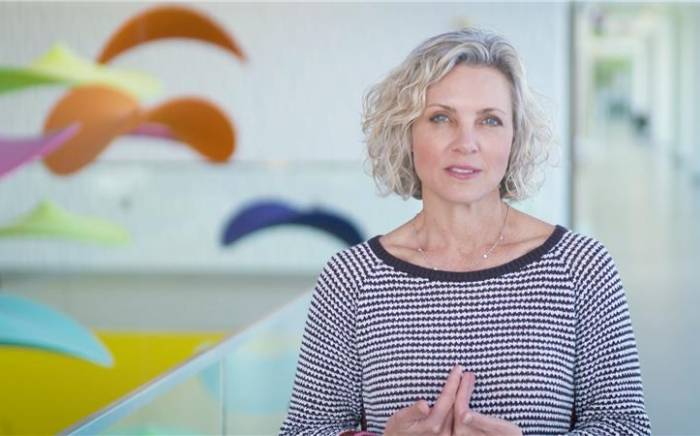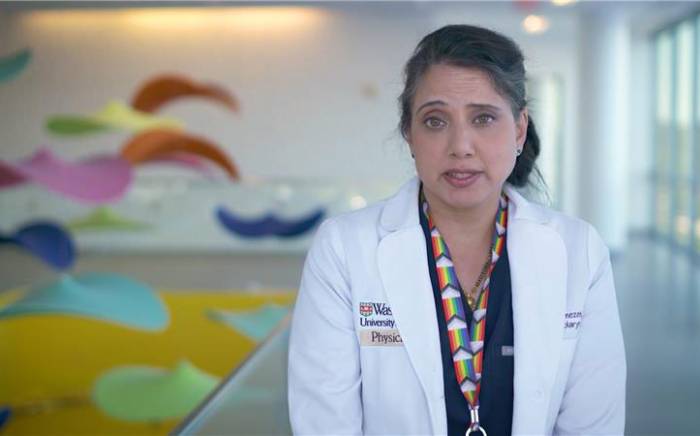Baby teeth are more than just tooth fairy magnets. The baby teeth that children eventually lose serve a vital role before they’re replaced by permanent teeth. First, they maintain the spacing for permanent teeth. They also help your child chew and talk. If baby teeth are allowed to decay, children can get a gum infection, which can ultimately affect the spacing of permanent teeth. In addition, children who have cavities in baby teeth are more likely to have cavities as adults, too. That’s why it’s so important to provide special care for your child’s teeth.
Learn a little more to keep your child’s smile healthier…
At what age should my child first see a dentist?
The American Academy of Pediatric Dentistry recommends children see a dentist by the time they are 1 year old. Dental problems, such as baby bottle tooth decay, can start early.
What special concerns should I have if my baby nurses or is bottle-fed?
Never put your baby to bed with a bottle. Milk, formula or juice left on the teeth can cause decay. Wipe your baby’s gums with a soft, wet washcloth or gauze every day. When teeth erupt, use water and a soft toothbrush designed for infants to brush once a day.
What foods are worst for teeth?
While sugary and starchy foods are the worst offenders, they don’t have to be completely avoided. It’s best to have these types of foods with a meal. After meals, have your child drink a glass of water to wash away as much residue and bacteria as possible. Limit soda, dried fruits and sticky foods. Allow only sugarless gum and avoid frequent snacking. However, one healthy snack that’s especially good for teeth is cheese. Recent research shows cheese eaten as a snack or at the end of a meal can actually disrupt cavity development — and it provides important calcium, too!
The Basics of Brushing
- Use only soft-bristled toothbrushes.
- Choose toothbrushes designed for children’s smaller hands and mouths. Large handles can help small children control the brush better.
- Manual or battery-powered brushes are both effective.
- Throw out toothbrushes after three months or sooner if the bristles are frayed because these can harm gums and are not as effective at cleaning teeth.
- Help your preschooler brush his or her teeth.
- Supervise brushing of school-age children until they are 7 or 8 years old.
- Don’t use fluoride toothpaste until children are 2 or 3 and then only under supervision so they don’t swallow it.
- Don’t use more than a pea-sized amount of toothpaste.
- Floss daily.


